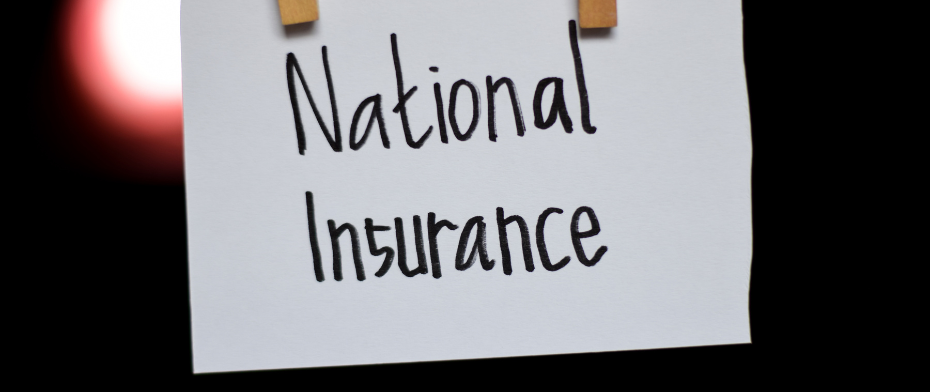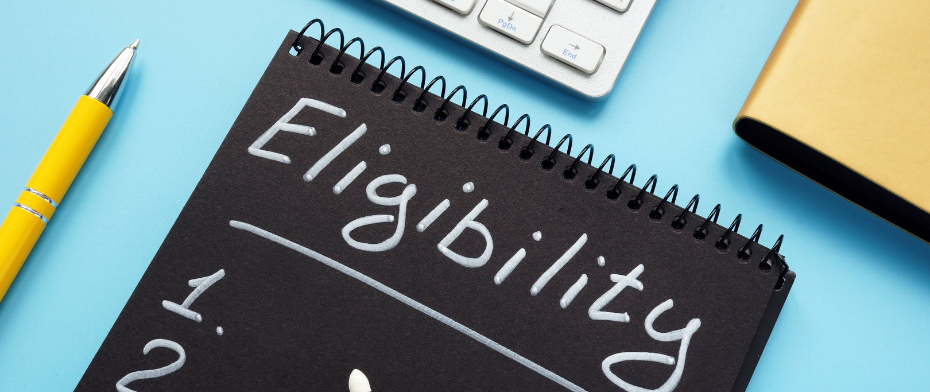Getting ready for retirement- obtaining credits for National Insurance
- TBA

- Apr 5, 2024
- 4 min read
Updated: May 29
As we’ve mentioned in one of our previous articles, how much State Pension you’ll receive upon retirement depends on the amount of National Insurance (NI) contributions you’ve made. We also talked about NI contributions can be purchased and applied retroactively to previous years.
Did you know that you can also accumulate NI credits to help build up the number of qualifying years so that you can receive the full State Pension?
What are National Insurance Credits?
National Insurance Credits are a way to maintain your national insurance record when you are unable to pay national insurance contributions. They can help you build up “qualifying years for state pension,” which will count towards your entitlement to basic state pension and other benefits.
How are National Insurance Credits obtained?
You’ll firstly need to check whether you are eligible to receive credits. Some types of credits can be automatically applied to your record, whilst others will require an application to be made to HMRC or the relevant department.
If eligible, you will receive the following types of credits:
Class 1: towards the State Pension and other benefits (e.g. New Style Jobseeker’s Allowance)
Class 3: towards the State Pension only
Note that if you have paid NI contributions for one year (a ‘qualifying year’ for the State Pension), you can transfer the credits earned while claiming child benefit to a spouse or partner who lives with you.
Who is eligible for National Insurance credits?

NI credits are generally designed for circumstances where you are unable to work and pay NI contribution. Eligibility criteria include:
Currently claiming or previously claimed certain benefits due to ill health or unemployment
Currently or were previously on maternity, paternity, or adoption leave
Currently or were previously caring for children under 12
Currently or previously participated in approved training courses
Married to or in a civil partnership with a member of the armed forces and deployed overseas with your partner
Currently or previously served as a juror
Served a sentence for a conviction that was later overturned
These criteria are applied differently and can result in different types of NI credits being issued.
As we mentioned above, some are obtained automatically, whilst others require an application to made.
For up-to-date information, you may visit the Government’s information page.
Am I eligible?

We’ll touch upon the most common situations where you may be eligible for NI credits.
1. Child Benefit Recipients
If you are a parent aged 16 or above, currently receiving Child Benefit and caring for children under 12, you will automatically receive Class 3 credits.
Additionally, grandparents and other family members aged 16 or above who are caring for children under 12 but have not reached State Pension age can also receive Class 3 credits. However, if you fall into this category, you need to fill out the CF411A form to apply for these credits.
2. Carers
If you receive the Carer’s Allowance, your NI record will automatically be allocated Class 1 credits. Those receiving Income Support will also automatically receive Class 3 credits.
If you do not receive Income Support but provide at least 20 hours or more of care per week for a sick or disabled person, you may be eligible for Class 3 credits but will need to make an application to HMRC.
3. Unemployed Individuals
Individuals receiving Universal Credit will automatically qualify for Class 3 National Insurance Credits. If you are actively seeking employment, you may also qualify for Class 1 National Insurance Credits.
If you are already receiving Jobseeker’s Allowance, these credits will be added automatically to your record. If you are unemployed and seeking work but not receiving Jobseeker’s Allowance, you need to apply for Class 1 credits through your local job centre. Participation in government-approved training courses of less than one year can also earn you Class 1 credits.
4. Illness and Disability
If you are unable to work due to illness or disability and are applying for benefits such as the Employment and Support Allowance or the Unemployability Supplement, you will automatically receive NI credits.
If you are eligible for these benefits but do not receive them, you can apply for Class 1 credits through your local job centre. In some cases, you may be receiving statutory sick pay, but your income is not enough to meet the qualifying years for NI. In such cases, you may be eligible for Class 1 credits. For this, you will need to contact HMRC.
5. Armed Forces Spouses/Partners
Due to changes in State Pension rules requiring 35 years of contributions for the full pension, HMRC and the DWP have introduced NI credits for Armed Forces spouses. These credits can help maximise your State Pension.
The basic principle of this system is that when you accompany your spouse or civil partner on overseas military service, you can apply for credits. This process is not automatic – you need to apply for them and can only apply for periods overseas on or after the 6th April 1975.
6. Jury Service
If you have served as a juror and are not self-employed, you may be eligible to apply for Class 1 credits. However, you need to submit an application to HMRC.
Supplementing your State Pension
Besides from these situations, if your retirement income is relatively low, you may also be able to obtain additional retirement income through other means, such as Pension Credit.
For individuals and businesses looking for UK taxation services, use our contact form to get in touch for more information.
Get in touch with us at info@tbgroupuk.com or for a free one-to-one consultation.


